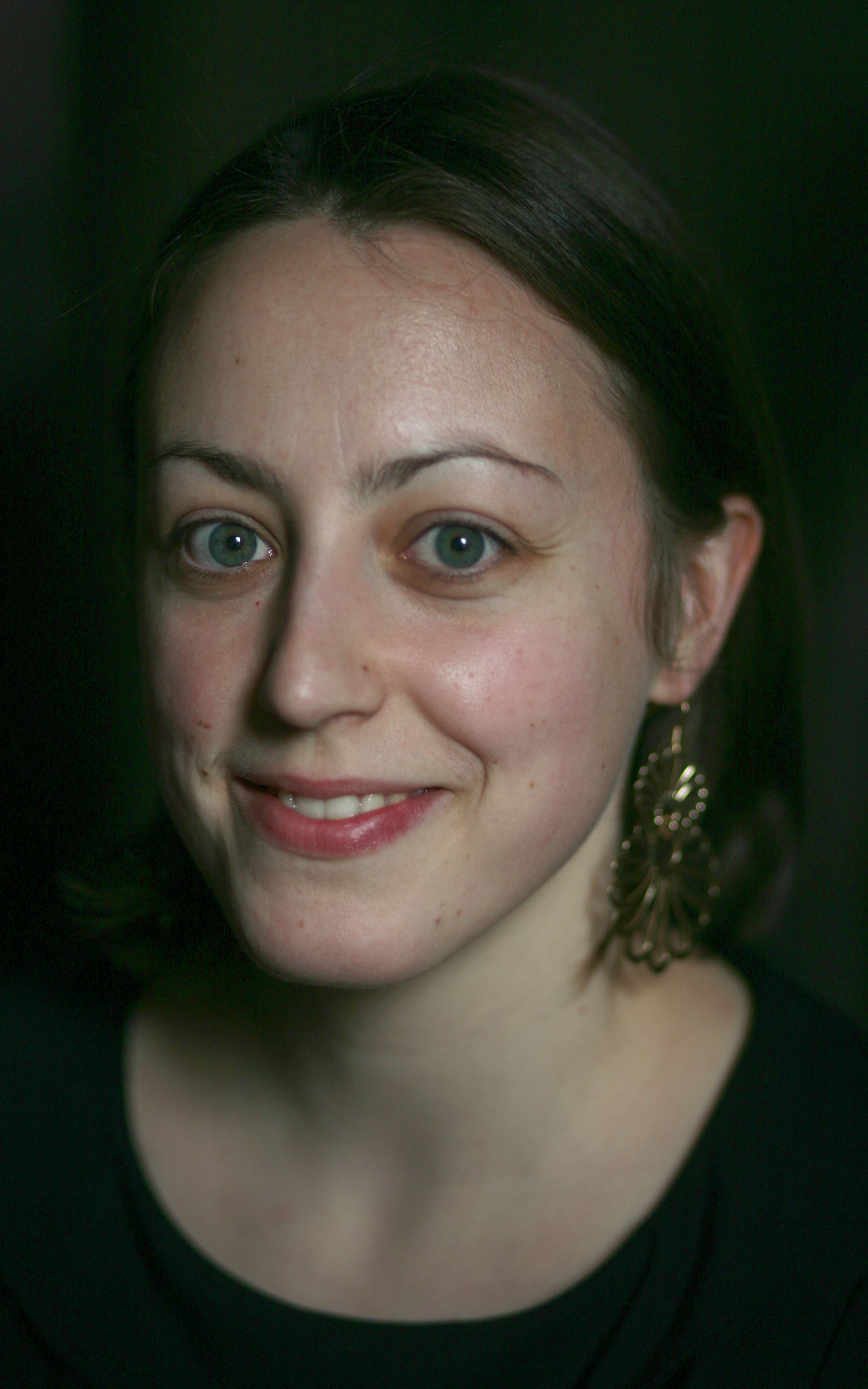The Atlantic magazine is an American institution. It was founded in 1857 in an attempt to define and create a distinctly American voice; to project an American stance, to promote something that might be called the “American Idea.” The magazine gave prominence to the voices of the Abolitionists, and since then, has been on the cutting edge of what is important in our national life (and in the lives of other nations). Its authors have included Emily Dickinson, Mark Twain, and Martin Luther King.
Behind the scenes, there is a busy staff of people who have maintained its ethos and quality since the founding: authors, obviously, but also editors, copy staff, art directors and, within the last five years, an award-winning web team.
As with many publications, there is also a dedicated group of individuals called “fact-checkers”–the people who go through every single article, infographic, and caption to make sure that all of the information is correct. My mother is one of those fact-checkers, the one who has been at The Atlantic the longest.
For as long as I can remember (she started checking at the magazine two years before I was born)–my mother has fussed over her galleys, pondering a range of subjects.
Did Grover Cleveland buy a baby carriage for the woman who 21 years later became his wife?
What is a good estimate for the median age of first marriage in the United States in the decades before the government started gathering comprehensive data?
Is it true that the Roman historian Livy thought the glorification of chefs signaled a decline in culture?
Does Paul Allen’s yacht have a submarine?
Will famous economist XX confirm his snide quote about famous economist YY?
What’s the fuss about Harry Truman’s middle initial?
On the twenty-fifth anniversary of my mother’s tenure, her fellow fact-checkers put together an index of statistics characterizing her work there. By their tabulation, she had checked 43 articles by Jim Fallows, 23 on Iraq, 15 on dead presidents, and five on the breeding, training, physiology, or emotional life of dogs. Authors comment about her thoroughness. One writer, in a letter to the magazine’s editor, compared being checked by my mother to having one’s ears scrubbed out by one’s grandmother. He substantiated this analogy by saying that it was “rigorously thorough and occasionally painful while underway; brings immense confidence and peace of mind once completed.” Her long-time authors have been self-policing for years now, because they know their words will be closely scrutinized. (When my sisters and I would ask my mother to edit our school papers, we knew to come prepared with supporting materials and a pencil with an eraser.)
I mentioned that The Atlantic‘s web team has won awards for its journalistic output. Actually, the magazine turned a profit in 2010 for the first time in decades, largely because of the success of the online platform. I will not pretend to know anything about this side of the business; suffice it to say that the magazine’s online activities are recognized as an important part of its success as a news outlet in today’s media world. What I do know is that when I pick up a copy of The Atlantic and read about the disappearance of traditional manufacturing work in the United States, I am reading an article that has been carefully reported, intelligently edited and thoroughly checked–an article that provides critical information for thinking about the future of this country.
Today, people look to The Atlantic, as they have for more than a century and a half, to offer thought-provoking reporting, insightful analysis, and informed speculation. Its consistency of output relies on excellent work, not just from writers and editors, but also from people like my mother. The Atlantic‘s concern about getting the facts right has been a foundation of the magazine’s contribution to the intellectual life of our nation. Its fact-checkers have helped the rest of us know things together. When we know things, we can identify opportunities, solve problems, question the world around us, and imagine our future. And if the “American Idea” is about anything at all, it’s about imagining our future–based on the facts we know about our world today.
